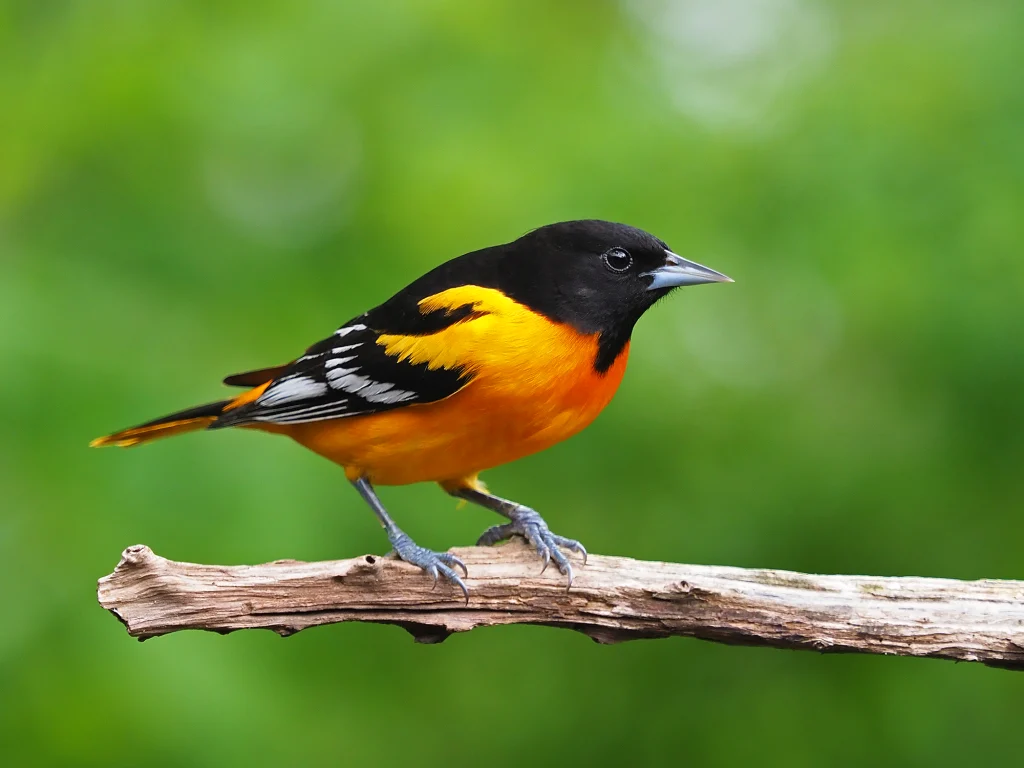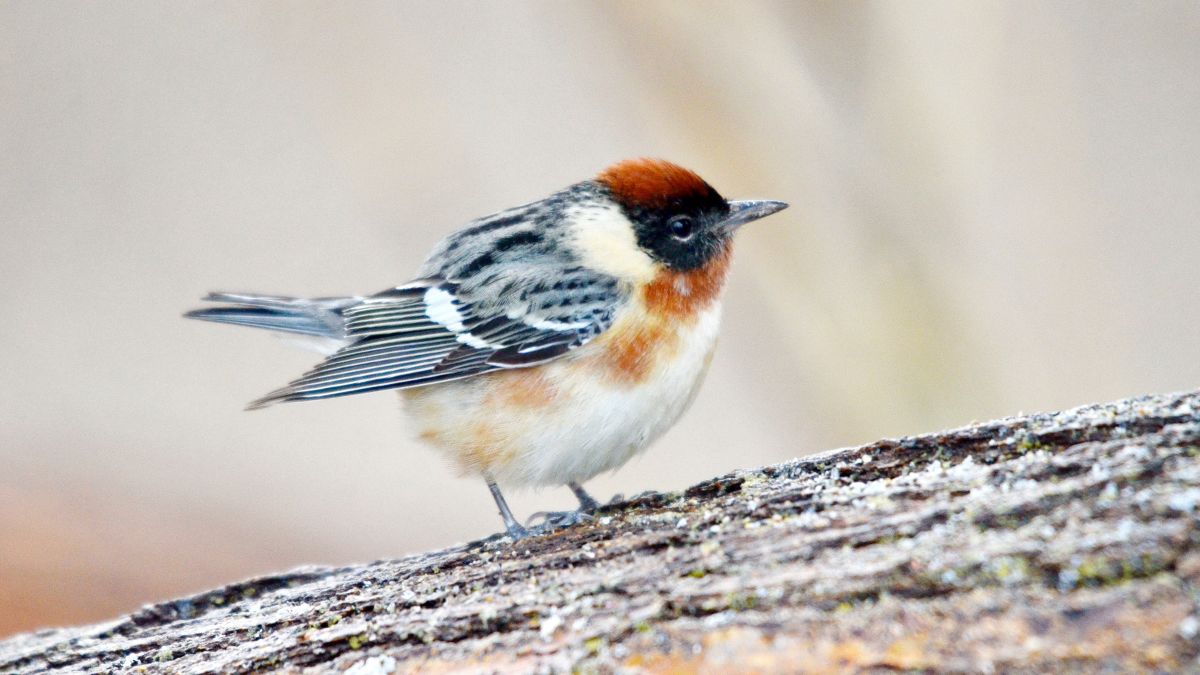On Walk 19, 2009, the US Division of the Inside delivered another report on the public “Condition of the Birds.” The report expresses that “(b)rids are bellwethers of our regular and social wellbeing as a country… The outcomes are sobering: bird populaces in numerous territories are declining-an admonition sign of the chronic infirmity of our environments.” Taking into account that preservation endeavors have been happening for essentially the last 50+ years (since Rachel Carson’s Quiet Spring), this is for sure a sobering report. Clearly our preservation endeavors were short of what was needed.
Agreeing the Report, 75 million Americans, 1 in each 4 view themselves as birdwatchers. More than 50 million are taking care of wild birds. Despite such a lot of interest and backing, loss of living space proceeds with unabated in the hurry to foster more land. Regular settling destinations and food assets are lost. To assist with halting the decay the absolute most significant thing we can do as people is reestablish regular environment on our own property. Take a functioning, mindful job in dealing with your environment. Assuming you oversee property, you are overseeing environment and untamed life.

Why Feed Wild Birds?
Individuals are taking care of wild birds for different reasons including diversion, unwinding, noticing and additionally concentrating on nature, offer significant help to neighborhood populaces, etc. As expressed above, many wild bird populaces are declining. Explanations behind the downfalls incorporate territory misfortune, natural corruption, occasional changes, neighborhood climate, environmental change, deficient rummage, etc. Wild birds have a moderately high metabolic rate that requires food on a standard and steady premise. Many birds bite the dust throughout the colder time of year, during dry seasons, cold spells, delayed downpours, and whatever other circumstances that lessens the accessibility of scrounge prompting stress, weakness, diminished protection from illness and parasites, and starvation. Taking care of wild birds can assist with supporting populaces when regular food supplies are elusive.
Taking care of Inclinations of Wild Birds
Whether your objective is simply to draw in wild birds to a taking care of station for your own delight or to give birds the base supplements they need for ideal wellbeing and generation, taking care of inclinations of birds are vital in figuring out what kind of food items will best address your issues.
By and large, wild birds can be assembled by the sorts of feed they eat. This doesn’t be guaranteed to imply that granivores (seed-eaters), for instance, eat just seed. Granivores favor seed to different food sources and explicit kinds of seed to other people. Since it is uncommon in nature to find a food that is promptly and consistently accessible, it is essential to recollect that most birds select food arranged by their inclinations.

